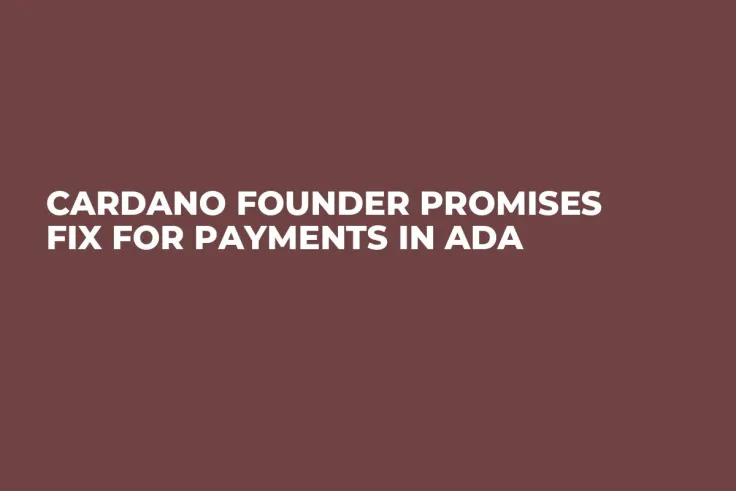
The Cardano community has been buzzing lately about a revelation that Intersect, a key player in the ecosystem, does not currently accept payments in ADA, blockchain's native cryptocurrency. This has sparked questions about the viability of widespread cryptocurrency adoption if internal organizations are not fully on board.
Intersect, which is focused on Cardano's continuity and future development, including community-led governance and open-source development, had initially limited payment options to fiat currencies. This decision caused confusion and frustration among Cardano supporters, who questioned the commitment to ADA’s integration within its ecosystem.
The situation caught the attention of Charles Hoskinson, the creator of Cardano and a member of Intersect. Hoskinson expressed his concern and surprise over the issue, prompting him to request an immediate explanation from the board.
In response to the backlash, Intersect quickly announced that it is working on ADA payments and will be available in upcoming releases. They updated their website to reflect this commitment, assuring members that the implementation process is already underway and updates will be provided through the roadmap.
What's the problem?
The debate within the community has also sparked discussions on potential regulatory and technical challenges. Some members suggested that regulatory classifications of cryptocurrencies as property should not hinder ADA payments, while others speculated about missed opportunities to utilize existing payment mechanisms.
Is this really a sign of underlying regulatory hurdles that could hinder popular cryptocurrency adoption?


 Gamza Khanzadaev
Gamza Khanzadaev Alex Dovbnya
Alex Dovbnya Tomiwabold Olajide
Tomiwabold Olajide Godfrey Benjamin
Godfrey Benjamin